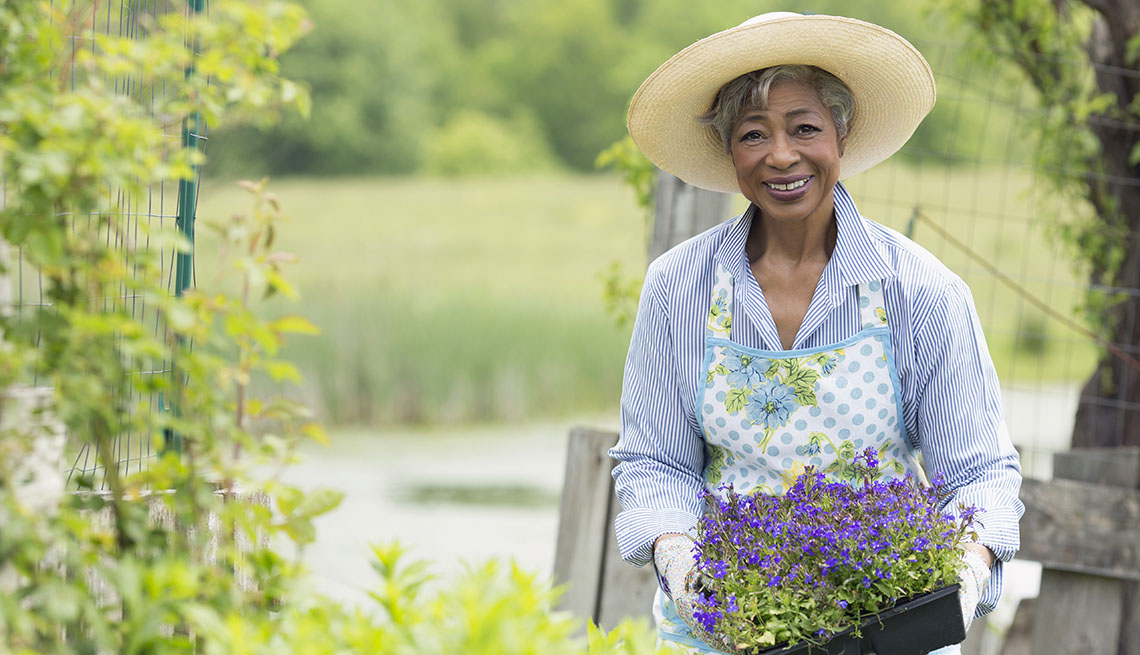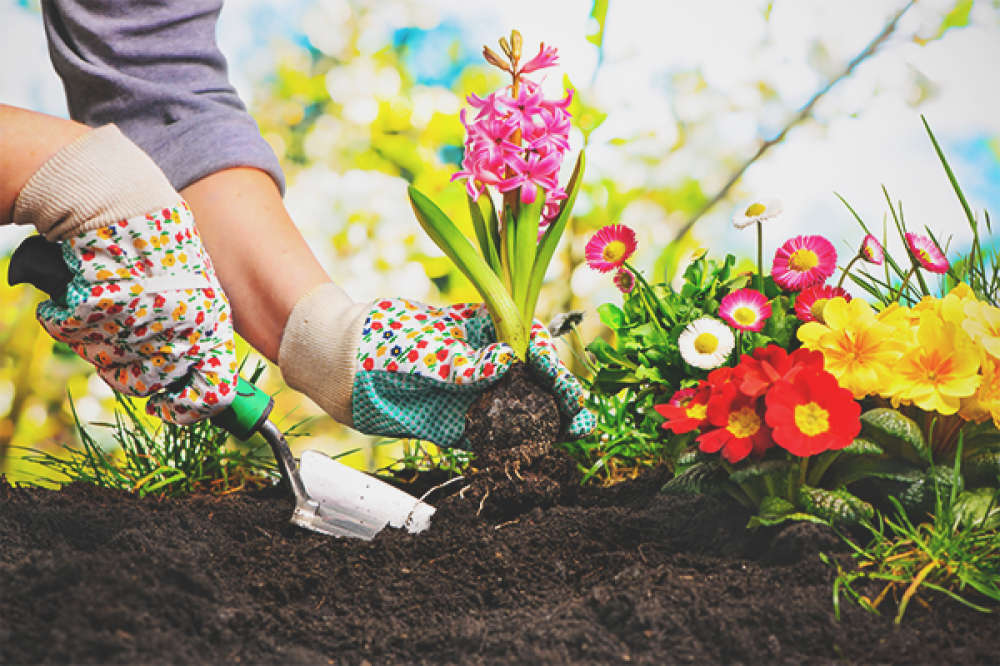Change Your Eco-friendly Space: A Comprehensive Overview to Gardening Tips for Beginners
Wiki Article
Growing Eco-friendly Thumbs: a Beginner's Journey Into the World of Horticulture
Are you eager to get your hands dirty and begin expanding your own garden? Look no more! In this short article, we'll take you on a novice's journey right into the world of gardening. You'll discover choosing the right plants, understanding soil and compost, and vital horticulture tools. We'll likewise instruct you watering and fertilizing techniques and how to deal with usual yard parasites. Prepare yourself to cultivate your green thumb and watch your garden prosper!Choosing the Right Plants
You need to assess your horticulture room and establish the number of plants that will fit comfortably. Step the dimensions of your yard beds or pots and determine the readily available space. Consider the mature size of the plants you mean to grow.When you have a clear concept of your gardening area, it's time to select the appropriate plants. Particular plants flourish in full sun, while others choose partial shade. This will aid you pick plants that are fit to your specific problems.
It's also vital to consider your level of gardening experience. Choose for plants that are easy to expand and require very little upkeep if you're new to gardening. Natural herbs like mint, basil, and rosemary are flexible and excellent for newbies. In addition, take into consideration the length of your expanding period. If you live in a region with a much shorter expanding season., choose plants that have a much shorter maturity period.
Understanding Dirt and Compost
Soil is the foundation of your garden, supplying nutrients, water retention, and support for your plants. It is crucial to have an excellent understanding of your soil type, whether it is sandy, clayey, or loamy, as this will figure out the kinds of plants that will certainly grow in your garden. Remember, a productive and healthy and balanced dirt is the vital to an effective garden, so take the time to understand your soil and incorporate compost to ensure your plants flourish.:max_bytes(150000):strip_icc()/vegetable-gardening-in-small-spaces-1403451-01-aa94b9199ba145079de2417b219c89b4.jpg)
Essential Horticulture Devices
Currently that you recognize the significance of dirt and garden compost, let's explore the essential horticulture tools you'll require to cultivate your environment-friendly oasis. Among one of the most standard tools you'll require is a yard trowel. This little portable tool is excellent for digging little openings, transplanting seed startings, and scooping dirt. Another crucial tool is a yard fork. This tough tool is made use of for loosening soil, damaging up globs, and turning garden compost. An excellent pair of horticulture handwear covers is a must-have to secure your hands from thorns, irritable plants, and dirt. Try to find handwear covers that are durable, breathable, and supply an excellent grip. A garden pipe or watering can is essential for keeping your plants moisturized. Pick a hose with a spray nozzle that enables you to change the water circulation and pressure. A durable pair of trimming shears or secateurs is crucial for trimming and shaping your plants. Search for shears with a sharp blade and comfy takes care of. A yard rake is useful for leveling soil, removing debris, and spreading mulch. With these vital devices in your horticulture collection, you'll be well-appointed to develop and keep your green oasis.Watering and Feeding Methods

Dealing With Common Yard Pests
As a beginner garden enthusiast, you might experience usual yard insects that can ruin your plants. These bugs can range from pests like caterpillars, beetles, and aphids, to small pets like squirrels and bunnies. It's crucial to be able to identify and deal with these insects effectively in order to protect your plants and make certain a successful yard.One of the initial steps in managing garden parasites is to on a regular basis inspect your plants for any kind of signs of invasion. Look for chewed fallen leaves, holes in the vegetation, or the presence of little pests. If you find any kind of pests, it is necessary to take action quickly to prevent them from spreading out and creating further damages.
There are a number of approaches you can use to manage yard parasites. One option is to utilize all-natural killers, such as ladybugs or hoping mantises, to help control the population of bugs. You can additionally use physical barriers, such as fences or netting, to maintain bigger pets like bunnies out of your garden. Furthermore, additional hints there are organic bug control sprays available that can assist prevent and remove usual yard parasites.
Keep in mind, avoidance is crucial when it pertains to taking care of yard bugs. Keeping your garden clean and totally free of particles can aid lower the chance of a problem. Frequently getting rid of weeds and dead plants can also aid get rid of hiding places for pests.

Conclusion
Congratulations on finishing your newbie's journey into the globe of gardening! By picking the right plants, comprehending dirt and compost, utilizing important horticulture tools, and understanding watering and fertilizing strategies, you have set on your own up for success. Don't fail to remember to remain watchful in managing common garden parasites to ensure your plants flourish. With your newly found knowledge and green thumbs, your yard will certainly flourish and bring you limitless pleasure and beauty (home gardening for beginners). Happy gardening!Dirt is the structure of your yard, supplying nutrients, water retention, and assistance for your plants. It is vital to have an excellent understanding of your dirt kind, whether it is sandy, clayey, or fertile, as this will certainly establish the kinds of plants that will certainly prosper in your yard. Bear in mind, a healthy and balanced and abundant dirt is the crucial to a successful garden, so take the time to understand your soil and incorporate compost to guarantee your plants grow.
As a newbie garden enthusiast, you might come across typical garden pests that can wreak chaos on your plants. It's vital to visit be able to recognize and deal with these bugs efficiently in order to safeguard your plants and guarantee a successful yard.
Report this wiki page